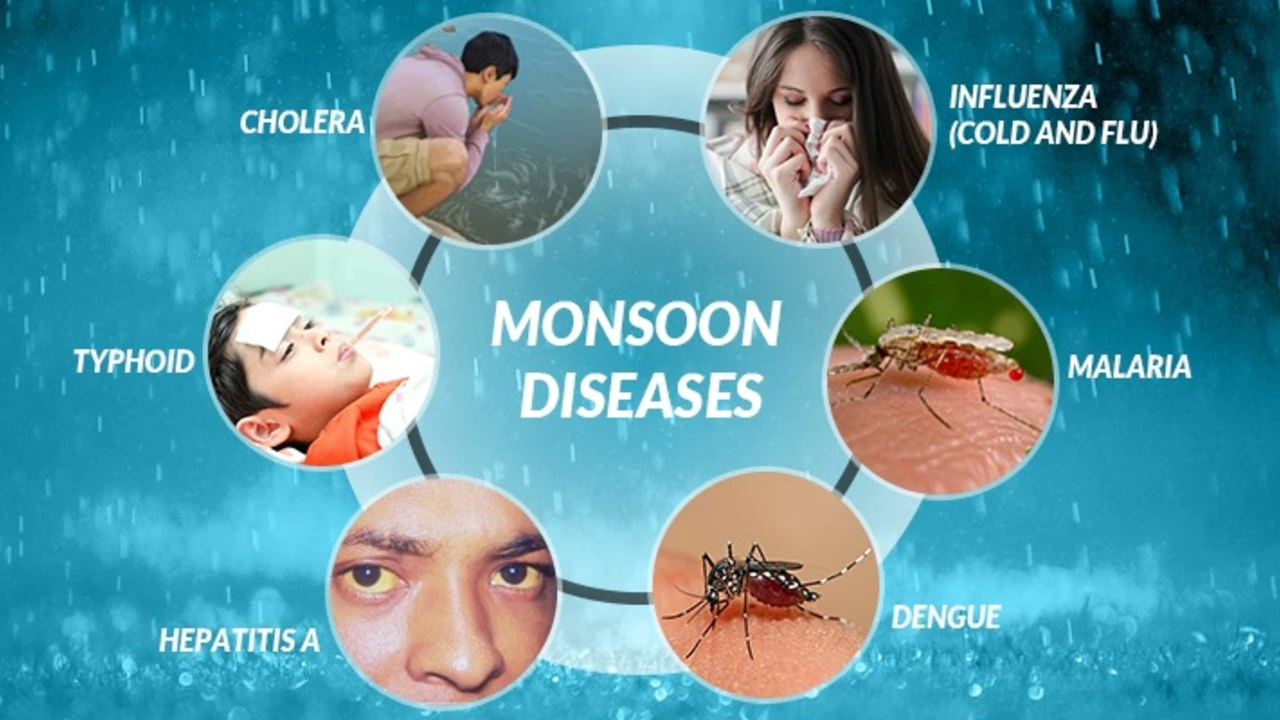Dengue Fever Control: Practical Steps You Can Take Today
Every summer we hear about another dengue case, but most of those infections could be avoided with a few easy habits. The mosquito that spreads dengue loves standing water, so if you cut down its playground, you cut down the risk. Below are hands‑on actions anyone can start right away.
1. Eliminate Mosquito Breeding Grounds
Walk around your home and look for anything that holds water for more than 48 hours. That means flower pots, old tires, buckets, and even bottle caps. Dump the water, turn containers upside‑down, or add a splash of oil to stop larvae from breathing.
If you have a garden pond, keep it covered with netting or use larvicidal tablets approved by health authorities. A quick sweep once a week can make a huge difference.
2. Protect Yourself and Your Family
Wear long sleeves and pants during dawn and dusk – the times when dengue‑carrying mosquitoes are most active. Pair that with a reliable repellent containing DEET, picaridin, or oil of lemon eucalyptus. Reapply as directed, especially if you’re sweating.
Make sure windows and doors have tight screens. A tiny tear can let an itchy intruder inside, so check and repair them regularly.
3. Spot Symptoms Early
Dengue starts with sudden fever, severe headache, pain behind the eyes, joint aches, and a rash that looks like measles. If you notice these signs after a bite, see a doctor fast – early treatment lowers the chance of complications.
Keep a thermometer handy and track temperature spikes. Hydration is key: drink plenty of fluids, avoid NSAIDs like ibuprofen (they can worsen bleeding), and follow medical advice strictly.
4. Community Efforts Matter
One household’s effort isn’t enough if the whole neighborhood stays stagnant. Organize a “clean‑up day” to clear trash, empty containers, and repair drainage systems. Local councils often provide free larvicide or advice – reach out.
Educate kids at school about why standing water is dangerous. When children understand, they become watchdogs for their own play areas.
5. Stay Informed About Outbreak Alerts
Health departments post real‑time alerts on dengue activity in your area. Subscribe to SMS updates or follow official social media channels. Knowing when an outbreak is declared helps you ramp up protection measures quickly.
Remember, dengue isn’t a death sentence; it’s a preventable disease if we all pitch in. By removing breeding sites, protecting yourself with clothing and repellent, catching symptoms early, and working with neighbors, you can keep dengue at bay.

